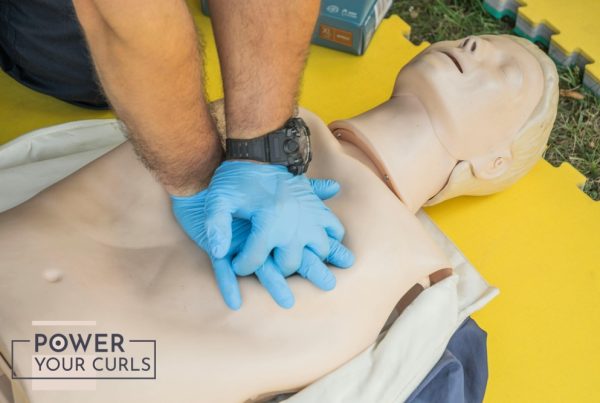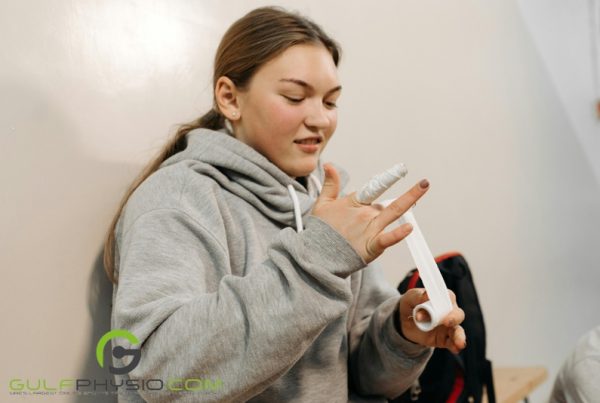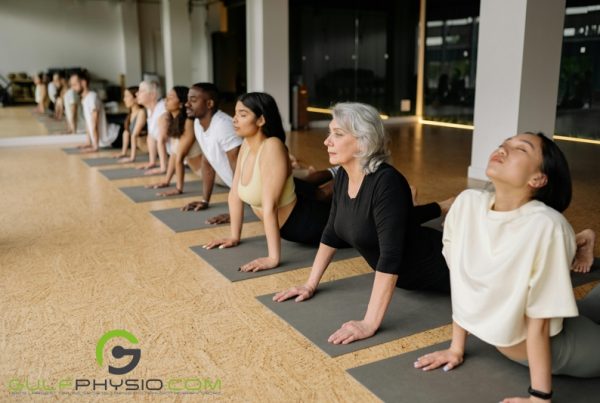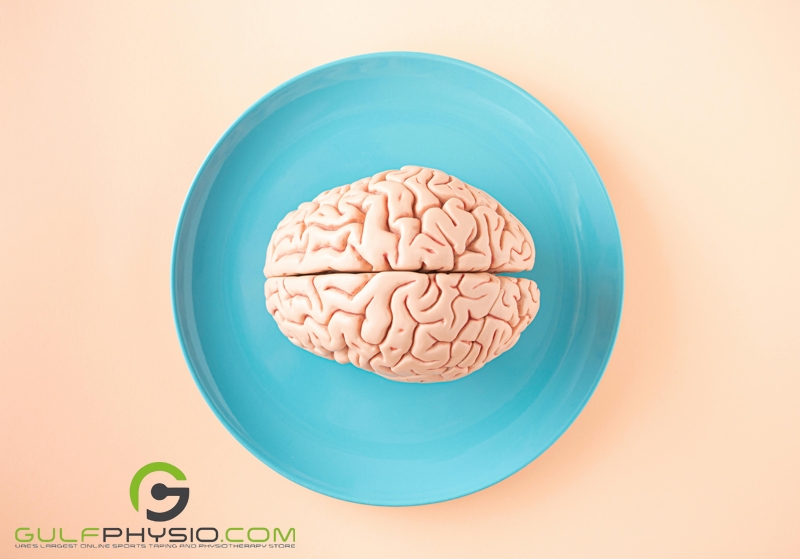
Frequently in media, characters depicted as athletic are also ignorant. Examples of this stereotype are Troy Barnes from Community, Brittany S. Pierce from Glee, and Biff Tannen in the cult classic movie Back To The Future. Yet what if we told you that athletics actually make you smarter?
Your Brain Health and Body Health
The relationship between your brain and body is the most important connection for your body. Without it, it would be impossible to do anything, from breathing to processing information to even forming a thought and executing a movement all because of the connection between our brain and body.
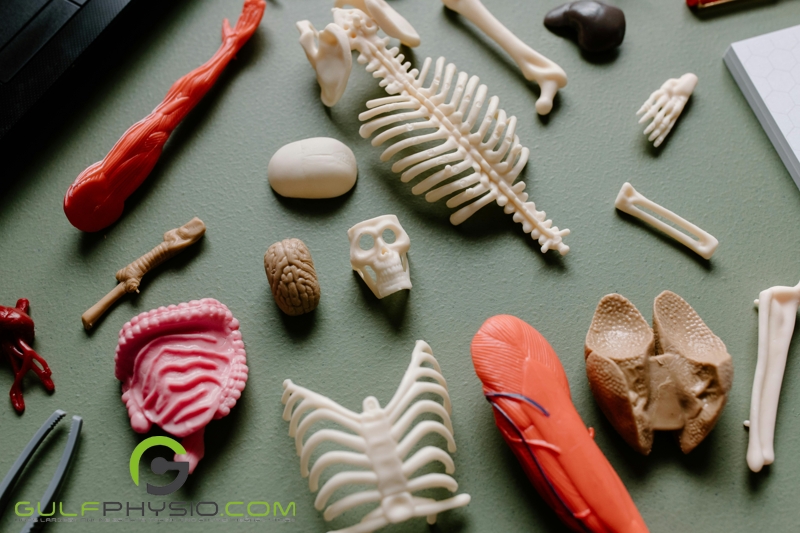
Unfortunately, despite how powerful our brains are, they are also susceptible to damage. A myriad of things can cause damage to the brain and by extension also harm other parts of the body, these include disease, injury, and lifestyle.
Physical Activity and Brain Health
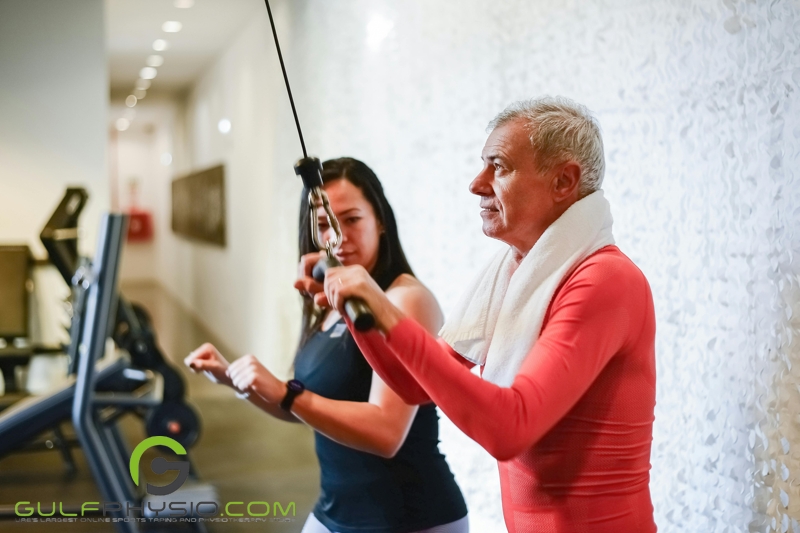
It goes without saying that physical activity has positive effects on the body. Multiple studies such as this one published on the National Library of Medicine website found that regular physical exercise is an effective prevention against multiple chronic diseases such as cancer, and osteoporosis. Furthermore, physical activity was also seen to reduce the risk of premature death.
The same can be said for the effects of physical activity on your brain. One study published on the Science Direct website found that Subjective Cognitive Decline was more prevalent in individuals living in the US, aged 45 years and above, who did not engage in physical activity.
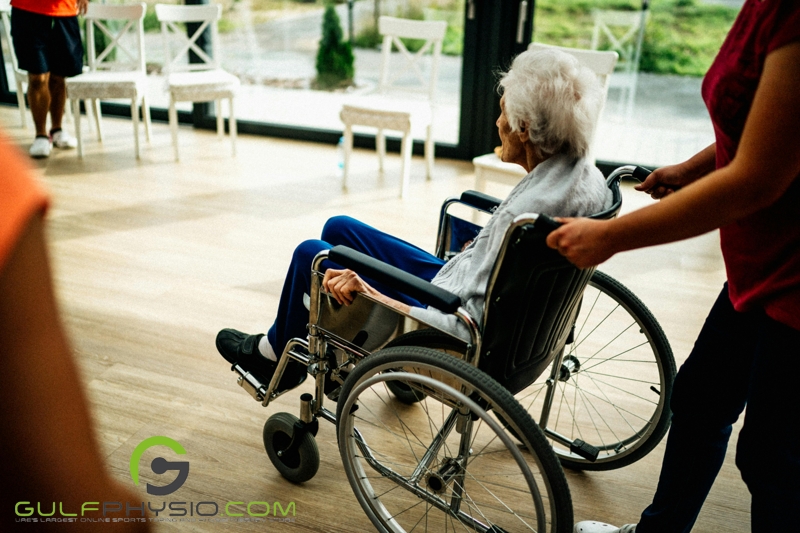
Furthermore, another study published in 2019 found further evidence that physical activity could help prevent and treat neurological disorders such as Alzheimer’s disease, Parkinson’s disease, and even the fatal Huntington’s disease.
Build Up Your Brain Health
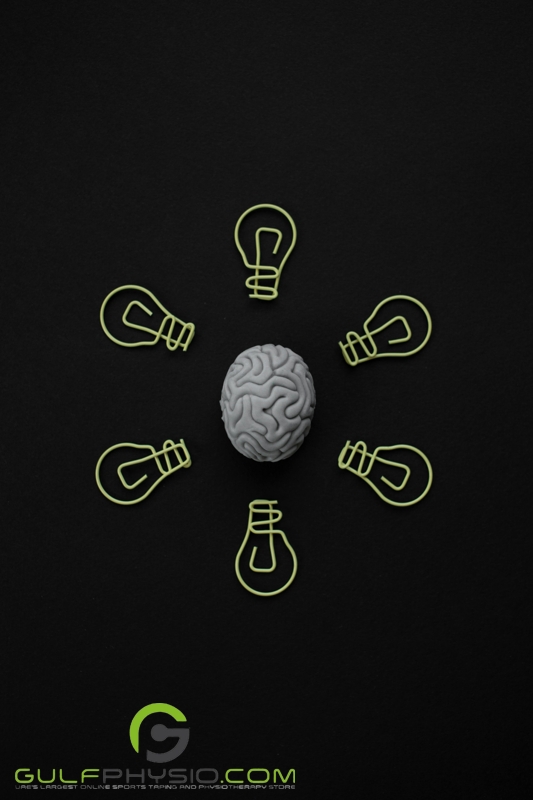
Now that we know that physical activity builds up your body and brain, we need to know what activities work, especially for older individuals. According to the U.S. Centers for Disease Control and Prevention, adults need at least 150 minutes of moderate-intensity physical activity weekly or 75 minutes of vigorous-intensity activity, as well as muscle-strengthening activities two or more days a week. Adults 65 and older need activities to improve balance as well.
Activities for Brain Health

Moderate – Intensity Physical Activity
- Brisk Walking – Regular brisk walking is an easy exercise that can slowly get an individual into a more active lifestyle. It helps improve cardiovascular fitness, maintains a healthy weight, and assists in the shredding of excess fat.
- Dancing – While the effects of dancing on cognitive health are still being studied, available research such as this one highlights the fact that treatments such as dance therapy have a positive effect on improving global cognitive function, memory, executive function, attention, language, and mental health.
- Gardening – Although it may not seem like it, gardening has been found to improve cognitive function in older adult individuals. In 2019 a research paper published in the National Library of Medicine discovered that gardening significantly increased levels of the brain nerve growth factors.
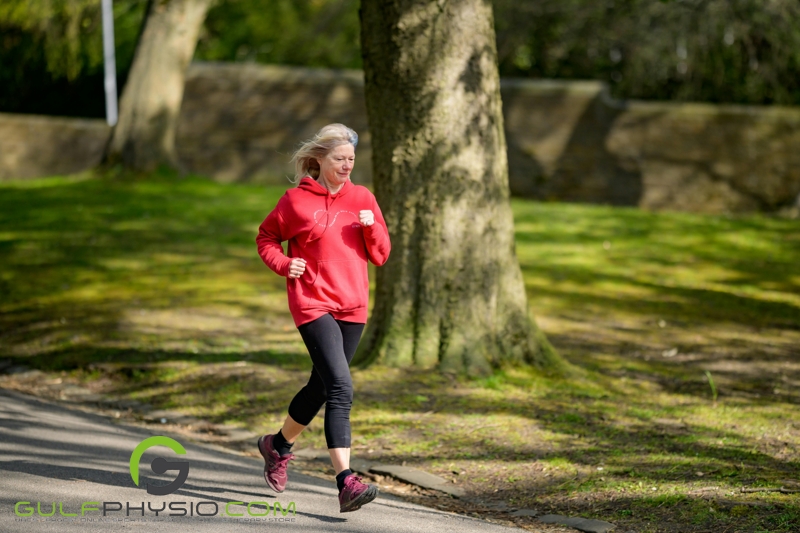
Vigorous – Intensity Physical Activity
- Running – Not only is running a great cardiovascular exercise, it is also a great exercise for your brain. According to David Linden, Ph.D., a professor of neuroscience at the Johns Hopkins University School of Medicine, running (and other cardio exercises) can help promote the growth of new blood vessels to nourish the brain.
- Martial Arts – Contrary to popular belief, martial arts is more than just kicking and punching. Martial arts such as Tai Chi may be the ideal option for older adults as it doesn’t involve any physical adults and focuses on soft-flowing movement.
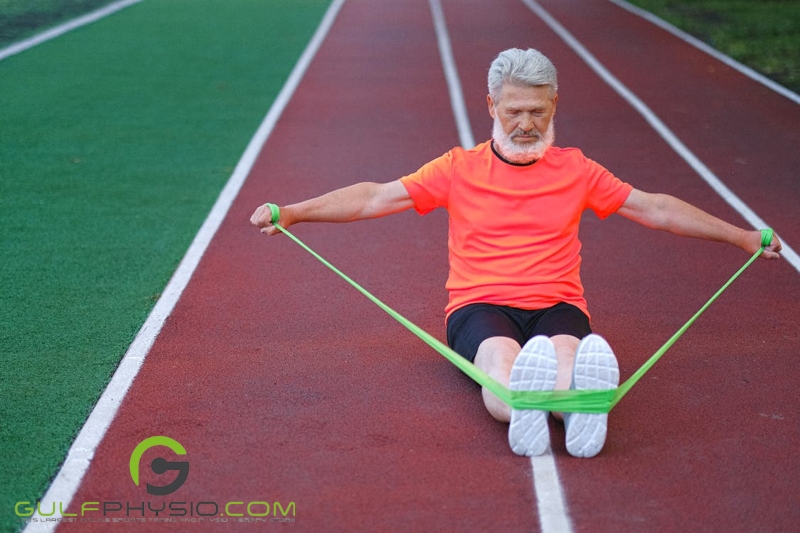
Muscle-Strengthening Activities
- Resistance Band Exercises – Resistance band exercises are a great way and safe way to build strength for older individuals. In fact a systematic review done in 2017 found that resistance band exercises improved flexibility and balance.
- Bodyweight Exercises – Making use of any equipment may be overwhelming at any age for anyone who is just about to start their fitness journey. A great compromise is beginner bodyweight exercises such as wall push-ups, step-ups, and leg lifts just to name a few.
At A Glance
Physical activity has positive effects not only on the body but also on the brain itself, including prevention against chronic diseases like cancer and osteoporosis, reducing the risk of premature death, and preventing and treating neurological disorders like Alzheimer’s disease, Parkinson’s disease, and Huntington’s disease.
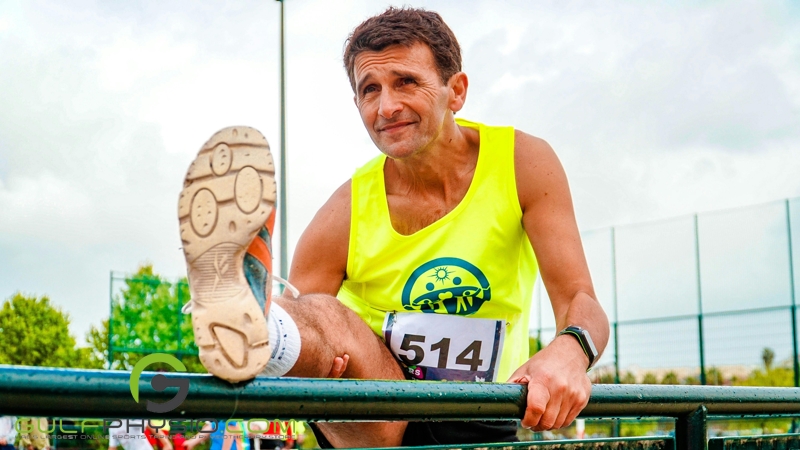
As you get older building up the brain’s health gets more difficult. Adults need at least 150 minutes of moderate-intensity physical activity weekly or 75 minutes of vigorous-intensity physical activity, as well as muscle-strengthening activities two or more days a week. Activities that work well for older individuals include but are not limited to brisk walking, dancing, gardening, running, martial arts, resistance band exercises, and bodyweight exercises.
If you want to learn more about health and exercise, read our article “Pulse Check! A Beginner’s Guide to the Human Heart Rate” or learn more from our blog here.
Disclaimer
GulfPhysio.com and all of its content are for informational purposes only. All information is believed to be accurate at the time of posting and should NOT be construed as professional medical advice. Please seek a medical professional in the event of pain or injury.

